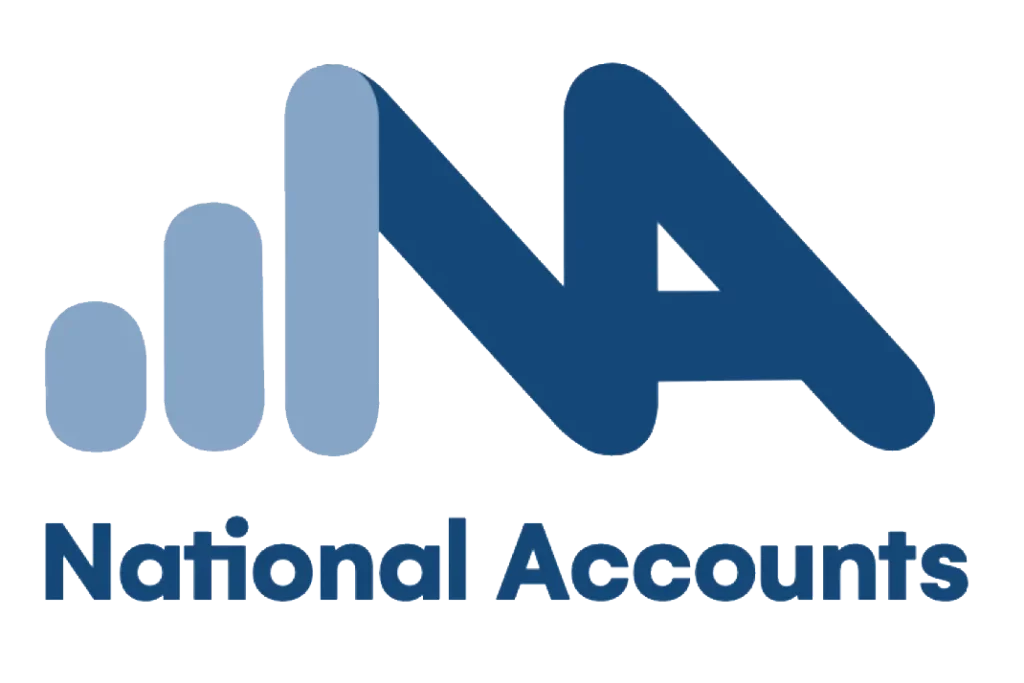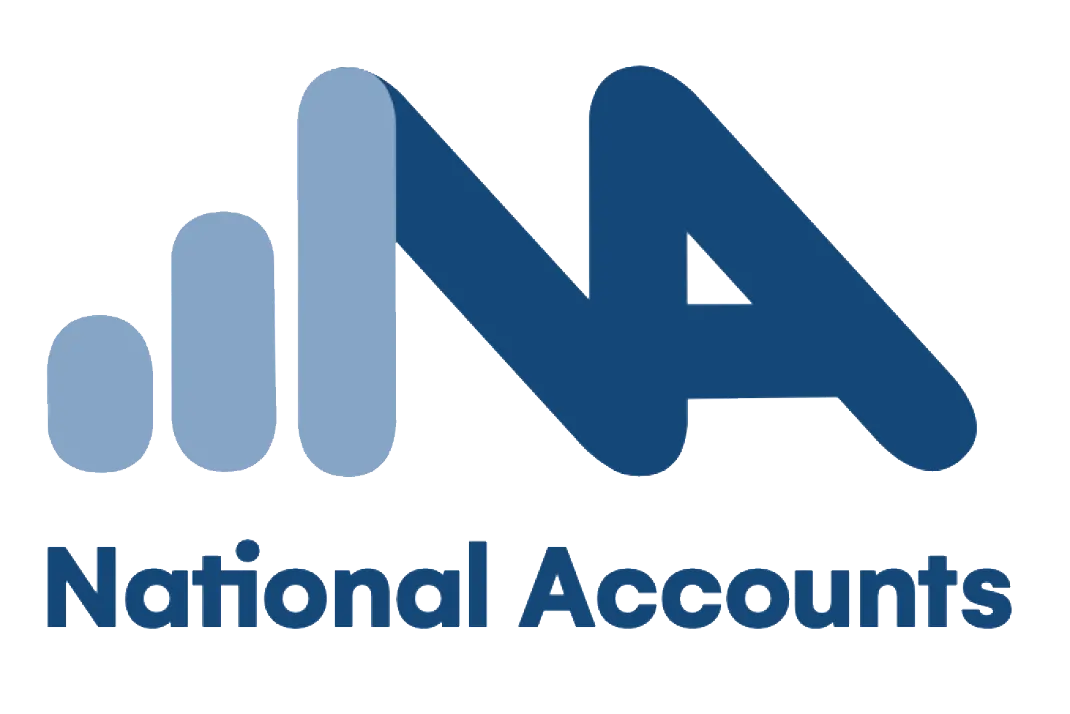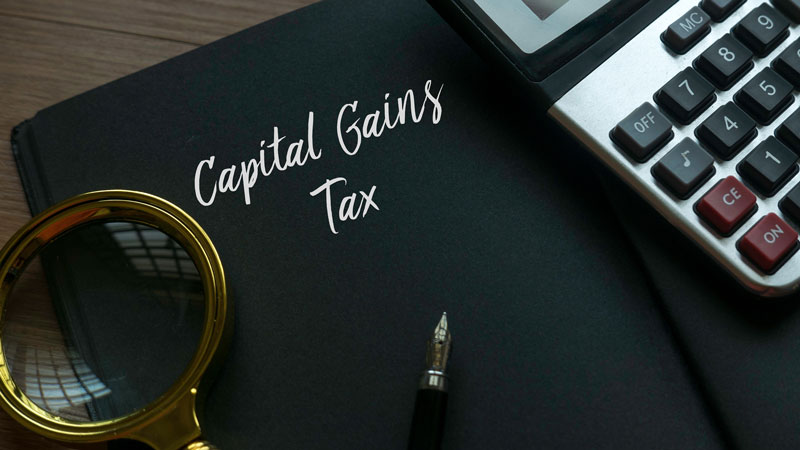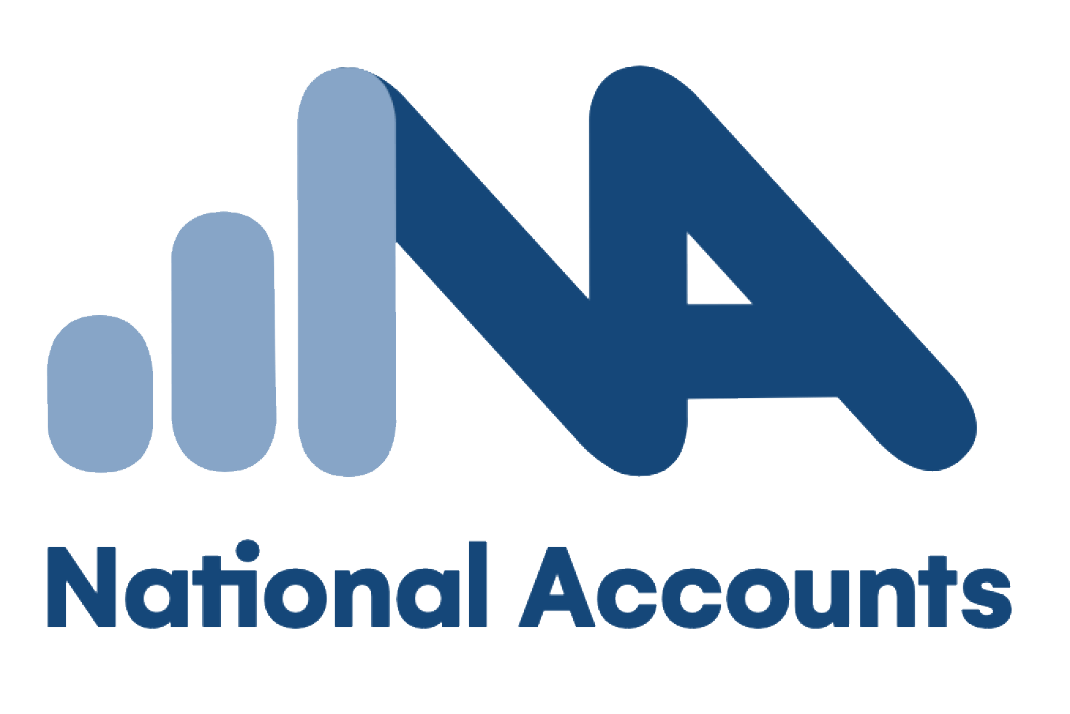One of our key focuses at National Accounts is to help you maximise the tax benefits you’ll receive on your investment property. Among other things, you can get hit for capital gains tax if you turn a profit on your sold property.
To help you minimise or even completely avoid paying capital gains tax on your investment property, we’ve put together a few key strategies for you to implement this tax year.
First, what is capital gains tax?
If a capital asset is sold and makes a profit, it attracts capital gains tax (CGT) – this applies to real estate, shares and even cryptocurrency. So when it comes to your investment property, there are a few things you should be aware of.
The CGT you’ll pay is seen as additional income, just like your salary. It’s calculated according to your tax bracket, which you can find out via the Australian Tax Office(ATO). There are different rates depending on your citizenship and yearly earnings.
When do you have to pay it?
You’ll pay your CGT at the end of the fiscal year when you do your tax return, in the same year you sold your property (the date you signed the contract for sale). So if you sold your investment property in August 2019, you’ll pay CGT in July 2020.
It can be a large amount of money, especially if you’re in a higher tax bracket, but there are things you can do to reduce or even avoid paying capital gains tax on your investment property this year.
To help reduce your tax bill, use these 4 strategies.
There are quite a few exemptions and concessions for capital gains tax, but here are our top 4 strategies when it comes to your investment property.
1. Be an owner-occupier
If the property you’re selling is your main residence, you won’t have to pay CGT. However, if you’ve made money from your investment property, a certain proportion of it will be subject to capital gains tax.
2. Take advantage of the temporary absence rule
If you move out of your home, you can still keep it as your main residence indefinitely, or up to six years if you later decide to rent it out. The time period also resets back to six years if you then move back in.
3. Get a valuer to reassess your property before you rent it out
Capital gains tax is the dollar figure amount that’s the difference between your investment property’s value when it was rented out and the price it’s sold for. It’s important to get a license valuer out so there’s no surprises down the track when it comes to your tax bill.
The same applies to capital loss, too. If you lose money when your property is sold, you can use a capital loss to offset a future gain. However, you can’t use capital loss for other types of income.
4. Don’t sell your investment property for at least 12 months
Did you know that you’re eligible for a 50% tax discount on CGT if you’ve owned your investment property for at least a year? If you’re thinking of selling, make sure you do your own research and keep a hold of your property so you can make the most of these kinds of tax benefits.
Whatever your situation, we’re here to offer professional advice
At National Accounts, we know the ins and outs of tax and investment properties, so you can get back to doing what you love most. Our personalised advice can help put you on track when it comes to your finances and our friendly team are just a phone call away!




